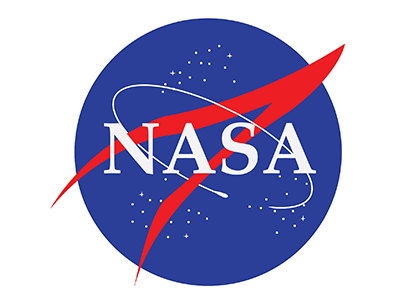NASA Research Opportunities in Space and Earth Sciences 2019 (ROSES-2019) – Released March 14, 2019
ROSES-18 Amendment 67 presents a new opportunity in program element A.48, Plankton, Aerosol, Cloud, Ocean Ecosystem (PACE) Mission System Vicarious Calibration.
ROSES-18 Amendment 66 presents a new opportunity: Carbon Monitoring System in this program element, A.49 – A.49 Carbon Monitoring System
The first amendment (ROSES 2018 program element A.48) is focused on delivery of the system vicarious calibration for the PACE mission OCI. The second amendment (ROSES 2018 program element A.49) is focused on continuation of the Carbon Monitoring System (CMS). One comment here: CMS has a significant component for oceans and thus this opportunity available for you; however, please do NOT come in with proposals for carbon cycle science research (program element A.5 to be solicited in ROSES 2020). Please read the CMS announcement carefully and make sure that if you would like to submit a proposal, that you are up to speed on the nearly decade of history of the CMS and its objectives scientifically. As per the program element POCs, there are any number of us would love to talk with you about any questions you might have.
Please note: both program elements have due dates of 23 May 2019.
I also wanted to make sure everyone was aware that the traditional graduate student fellowships for NASA (NESSF) have been renamed FINESST, Future Investigators in NASA Earth and Space Science and Technology. The solicitation has been rewritten this year, so please read carefully. The deadline for proposals is 11 March 2019.
Also, we should have the OCRT agenda posted this week on the IOCS web page (https://iocs.ioccg.org). My apologies for the delay, the furlough really put us behind a bit.
-NASA Ocean Biology and Biogeochemistry Program
Program Manager: Paula Bontempi (paula.bontempi@nasa.gov)





